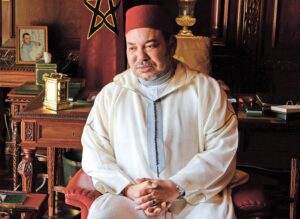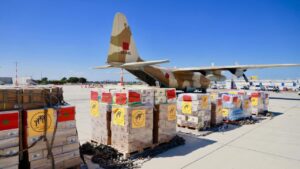On the anniversary of the recovery of Wadi al-Dhahab, facts on the sidelines of the fabricated controversy over the Moroccan Sahara.
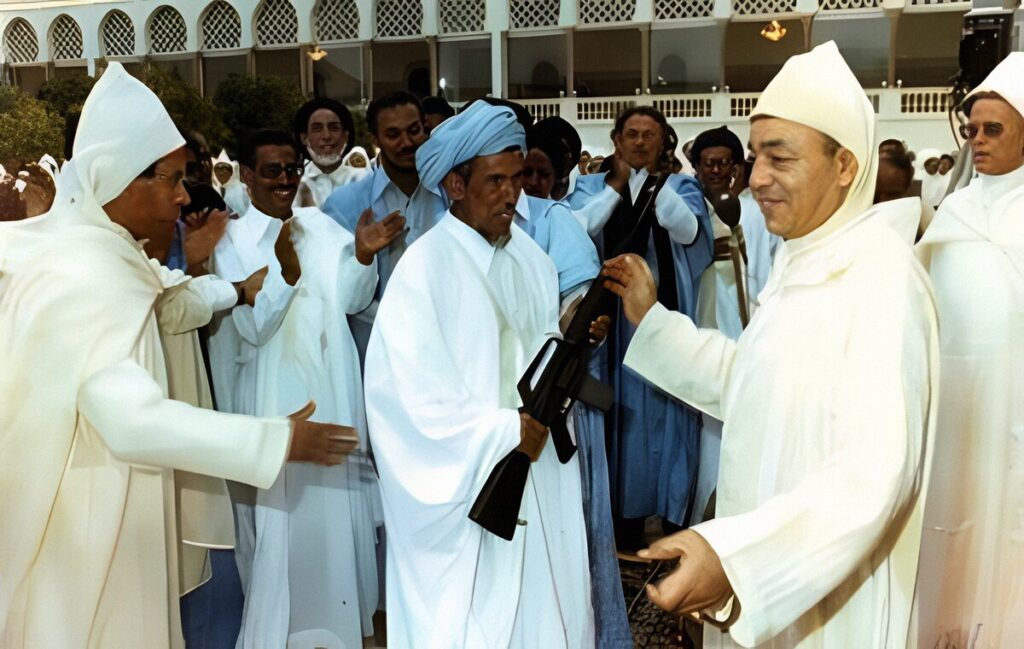
The history and geography of nations have always been considered both a blessing and a curse. The blessing of history for great nations is that it contributes to the deposition of the “genes of civilization” in the “chromosomes” of their people, enabling them to resume their civilizational ascent after every decline, as is common with civilizations around the world. The curse of history, however, is that it blackens the memories of their enemies and opponents, making them targets for the arrows and poisons of hatred. The blessing of a country’s distinctive geography is that it provides it with numerous opportunities for growth, provided it exploits them wisely. Conversely, the curse of history is that it makes it a constant target for the ambitions, occupation, and attempts at control by its competitors and enemies. The Kingdom of Morocco, as one of the world's most ancient and distinguished civilizations in history and geography, has always been the target of the hatred of its rivals from its northern European neighbors, and of attempts to permanently besiege it and sever its connection with its regional surroundings to the east and south, in the hope of diminishing the role it has long played in its regional and continental surroundings, and even in the heart of the European continent (within Andalusia) over the past centuries.
We offer this introduction as an introduction to the occasion of the Moroccans' celebration of their recovery of the Oued Eddahab and Awsard regions in 1979, through a religious and political pledge of allegiance offered by the sheikhs, dignitaries, scholars, and elites of this region to the late Moroccan Sultan, King Hassan II, may God have mercy on him. This recovery, in this manner (the pledge of allegiance), motivates us to recall some key facts, which the Algerian propaganda media and those linked to it, both Arab and international, are trying to obscure, within the framework of their fabricated conflict with Morocco over its territorial integrity and the depth of its southern provinces' belonging to their motherland.
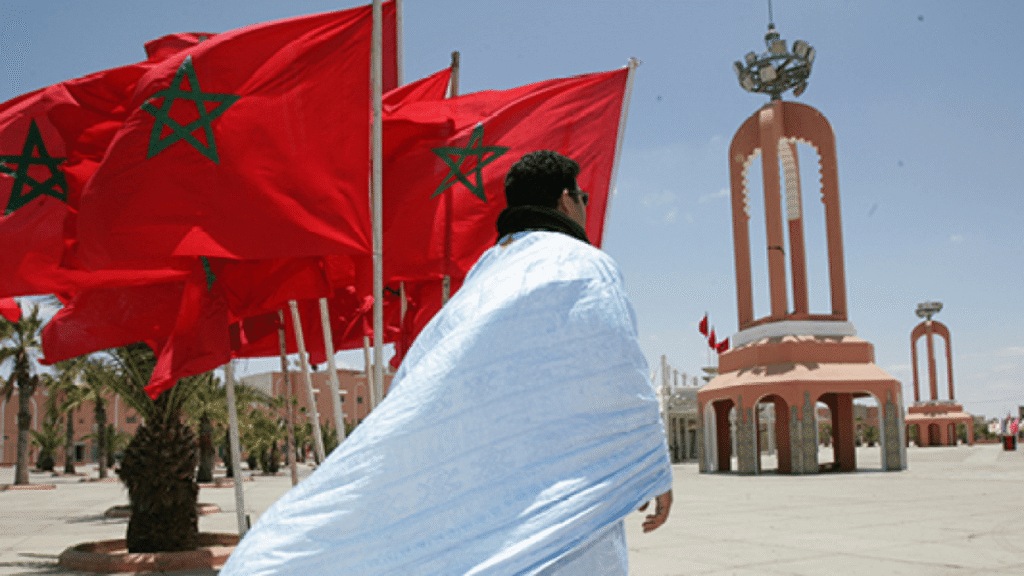
Our first observation relates to the concept of “political legitimacy,” as it is deeply rooted in our Arab-Islamic civilization. The basis of the legitimacy of any Islamic government (apart from the conditions under which it fulfills its duty to the people and the country) is simply: the consent of the governed. This most prominent basis applies to small tribes whose sheikhs inherit their affairs, as well as to large states whose geography extends or shrinks, whether these states are historical “caliphates” or modern “republics.” This consent, the absence of which among a significant majority of the population leads them to rebel and disobey those in charge of managing their affairs, is agreed upon by Muslims to take the form of “allegiance,” which is, at its core, a complete contract between two parties: the ruler, who pledges to protect the country and its people and to look after their interests, and the subjects, who pledge obedience and engagement in achieving the common good. Because we live in an era of "Western encroachment," which began with colonial movements throughout our country's history and did not officially end until the independence of these countries decades after the end of World War II, international law regulating the issue of sovereignty has recognized only "European" concepts of sovereignty, without the slightest regard for the concepts of sovereignty in other civilizations, both East and West. It is self-evident that the concept of sovereignty would carry the same meaning in the republics of Latin America; the republics of the former Soviet Union; Islamic civilization; the Eastern civilizations of Japan, India, and China; and even in Catalonia and the Basque Country in the Kingdom of Spain. Each of these civilizations has understood and practiced sovereignty throughout its history in different ways.
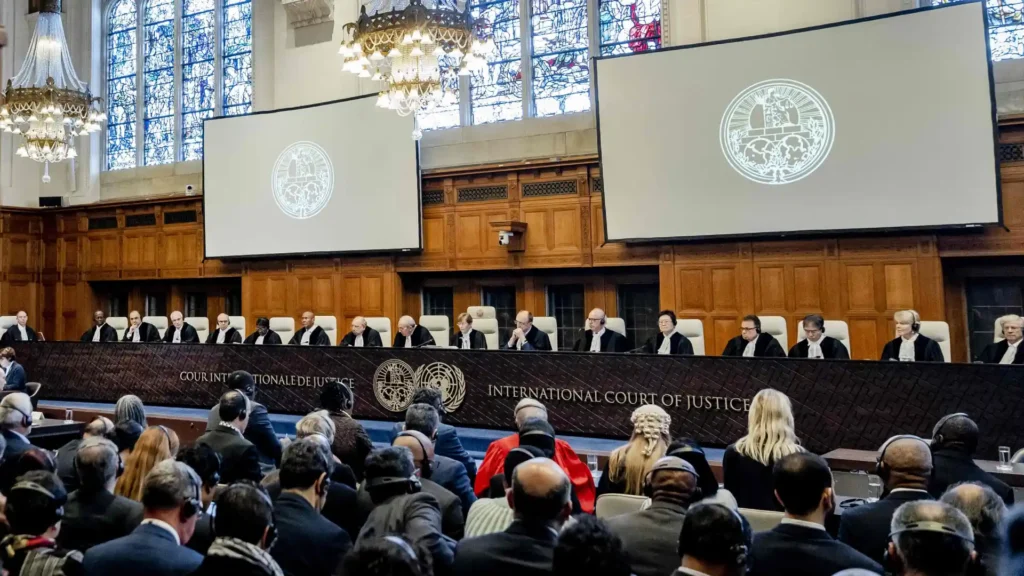
Therefore, when the International Court of Justice rules that the ties of allegiance between the sheikhs of the tribes of the Moroccan Sahara and the sultans of Morocco (since the Idrisids in the eighth century AD) are established and documented, we will not need to explain that this allegiance is not among the manifestations and manifestations of “legal sovereignty” in the Western concept, because it is deeply rooted in our heritage, history, and civilization as Arabs and Muslims. The argument of the Algerian generals’ media regarding the validity of Moroccan sovereignty over its southern provinces based on the ties of allegiance is nothing but a clear violation of this established concept, unless they are not among those belonging to this nation!
The second fact that should be highlighted relates to the boundaries and extent of the allegiance of the tribes of the southern regions. Some might argue that the same court ruling justified Mauritania's claim to this allegiance, given the existence of "legal ties" that bind them. Here, we argue that legitimate sovereignty based on a legitimate allegiance was never achieved in the Mauritanian case, simply because it did not possess (before its independence) a central state capable of fulfilling its obligations to the inhabitants of the Moroccan Sahara, in terms of protection and services. Rather, it possessed local emirates that did not rise to the level of states, such as the emirates of Trarza, Brakna, and Adrar. Accordingly, the allegiance ties between all these tribes, including the eastern Sahara tribes of Tindouf and Bechar, some current Mauritanian tribes, and even many cities and regions of western Algeria, such as Tlemcen, Oran, and others, are exclusively with the sultans of Morocco throughout their history.
The third, historically established fact is that Morocco has never hesitated to rescue, support, and extend a helping hand to those in need in neighboring countries. This happened with the Taifa kingdoms in Andalusia when the central Moroccan state (the Almoravids) rose to assume its religious and political role, contributing to the continuation of Islamic rule there for nearly four centuries. The same thing happened with the Algerian revolution from the time the first French soldier set foot there in 1830 until it gained independence in 1962. Moreover, ancient and modern history attests to the extent of Morocco's contribution to the liberation of Palestine (the Battle of Hattin and the aid provided to Saladin), and to its defense during the 1973 war and before, up until the present day. With such a history, is it conceivable that Moroccans and their sultans would refrain from rescuing their brothers from the southern tribes of Morocco, who are linked to the throne through a legitimate allegiance, which obligates their guardian to protect and preserve lives and crops?! Is it conceivable that a country that once extended from Egypt's western borders to the Senegal River would fail to care for and protect its citizens and its southern regions and provinces? This, I believe, is downright impossible.
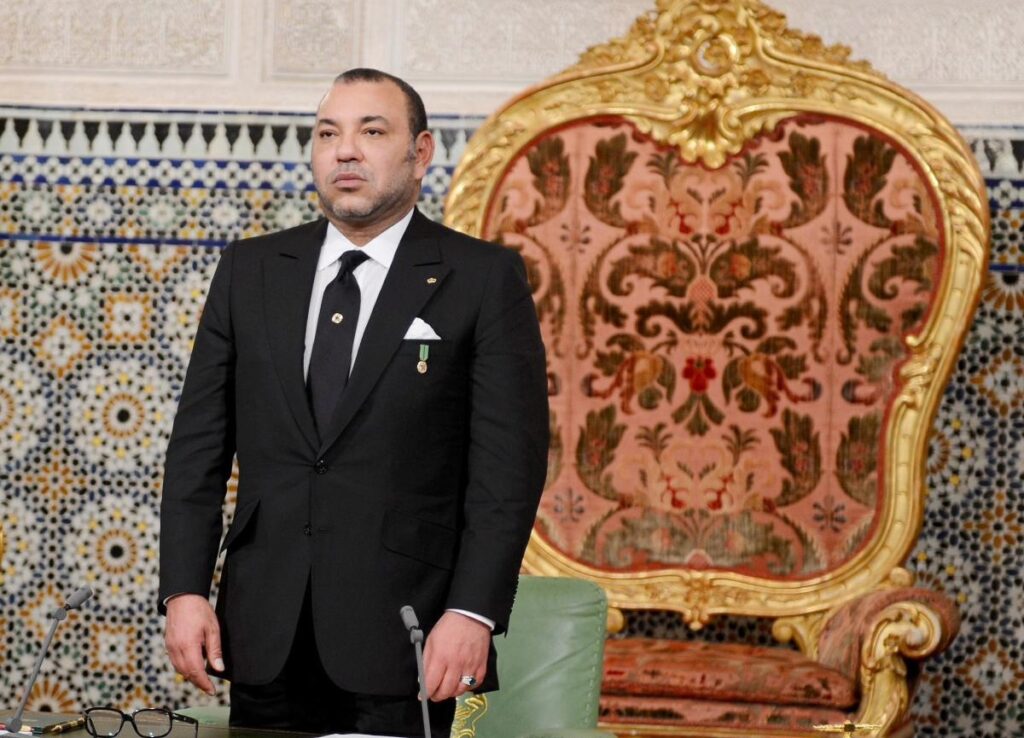
The fourth fact is that the Kingdom of Morocco, in the face of all the colonial campaigns targeting it, paid the price of sweat and blood to protect its southern provinces from European ambitions that began early on, even before the fall of Granada at the end of the fifteenth century. This resistance relied on politics and diplomacy at times, and on force and military force at other times. In all these battles, both peaceful and war, the European colonizers recognized the legitimacy and authority of the Sultan's representative sitting at the other end of the table or front, as the legitimate owner of this land, charged with protecting and defending it. Not a single European ever questioned the legitimacy of the Moroccan army's defense of these provinces, or the legitimacy of their representation during any peace talks. Throughout their history, they concluded dozens of economic and political treaties with the Sharifian Kingdom, which constitutes conclusive evidence of the Kingdom of Morocco's sovereignty over these regions, effectively refuting Western literature on the concept of sovereignty when it comes to other civilizations and peoples, including Morocco. This argument is what justified the Moroccan monarch, King Mohammed VI, in his famous statement: “Morocco is in its Sahara, and the Sahara is in its Morocco, until God inherits the earth and all that is on it.”
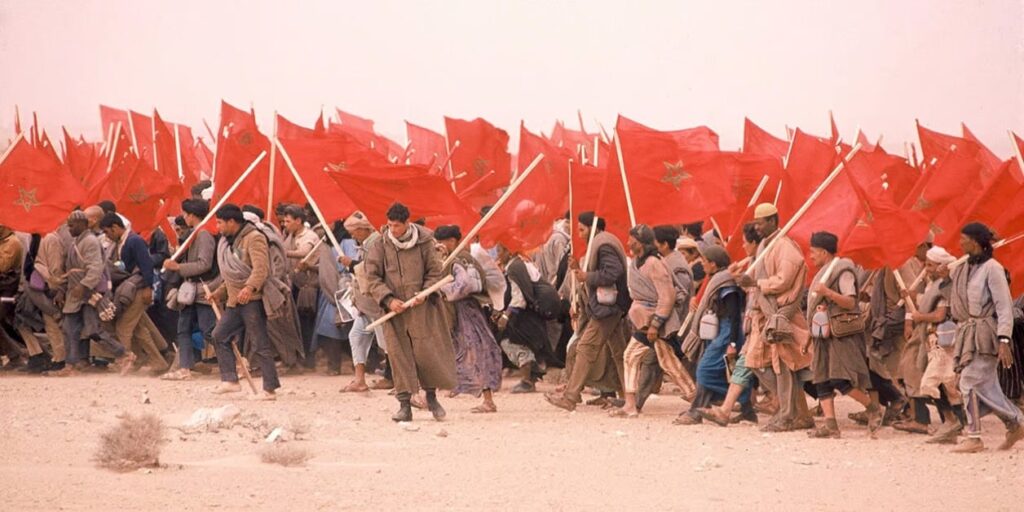
In conclusion, since the recovery of Tarfaya in 1958, Sidi Ifni in 1969, Saguia el-Hamra in 1975, and Río de Oro in 1979, Morocco has engaged in all forms of legitimate struggle to complete its territorial integrity, from regular military wars, to guerrilla warfare and resistance against the Liberation Army, to negotiations and peace treaties. Therefore, there is no justification for the continued presence of this file within the halls of the Fourth Committee on Decolonization at the United Nations. Morocco, which brought the issue before this committee in order to liberate it from its Spanish colonizer, achieved and completed its goal on this day 46 years ago. Its continued presence there is nothing but an extension of the blackmail practiced against the Cherifian Kingdom for decades, a time that should have ended irrevocably!!




